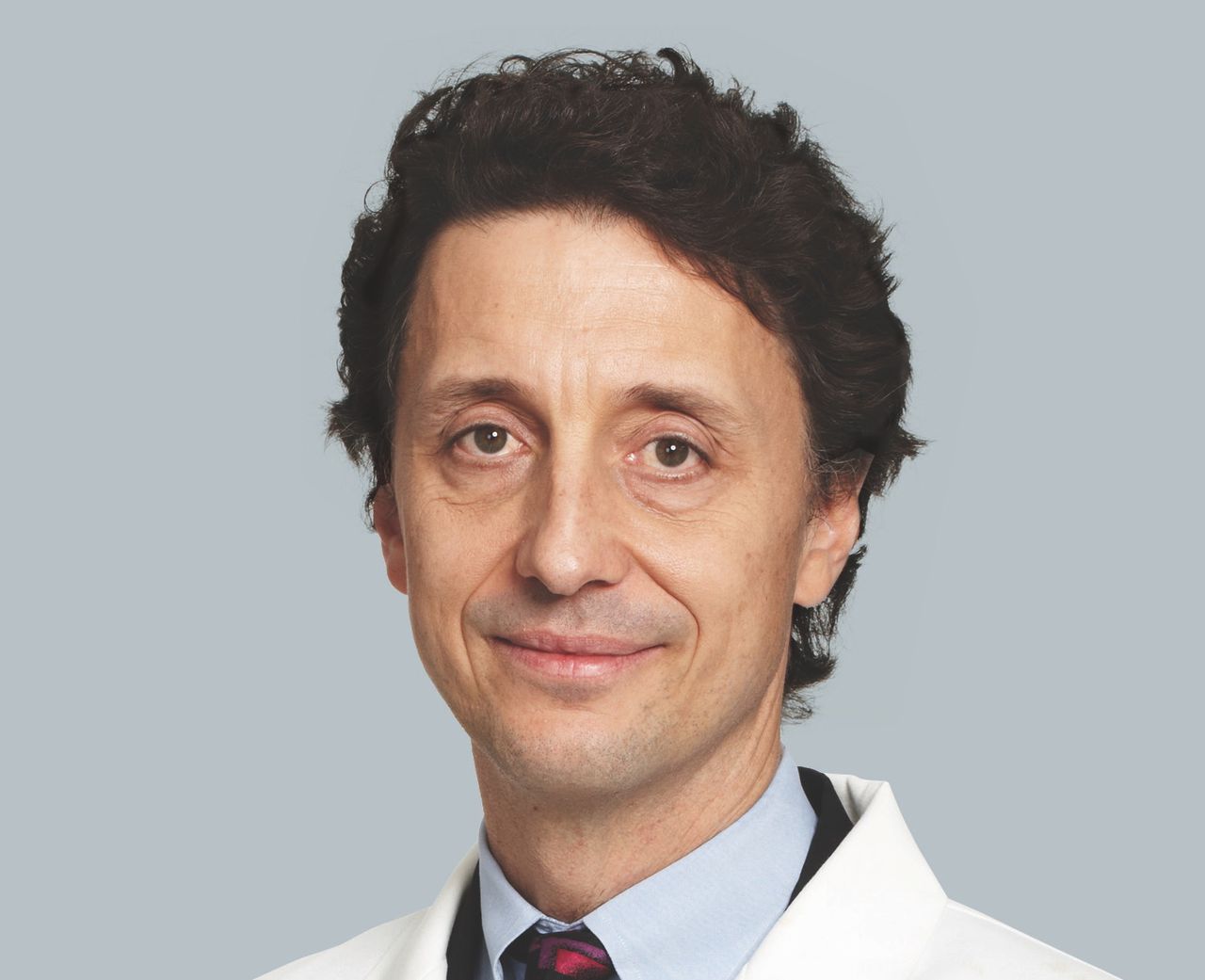DEAR DR. ROACH:
My partner is 71 and was diagnosed with heart failure one year ago, but one month later, he was diagnosed with an iliac arteriovenous malformation (AVM). He had this repaired, the result being he no longer got winded nor retained fluid. His left ventricular ejection fraction has gone from 39% to 46% and is currently 54%. His elevated BNP level also dropped from 10,000, prior to the procedures, to 1,300.
A recent echocardiogram showed that he still has a severely dilated left ventricle with normal wall thickness and normal systolic function. He currently takes carvedilol, which raises his glucose and lowers his blood pressure, so he is tired and has no energy. He also takes 10 mg of lisinopril a day. He does not have high blood pressure. These were prescribed when he was diagnosed with congestive heart failure (CHF), prior to the AVM diagnosis.
With treatment, it seems his heart is functioning much better, as evident by his increased physical activity and stamina. My question is, despite the severely dilated left ventricle that hasn’t yet damaged the walls, does he still need to take the prescribed medications? If so, is there an alternative to carvedilol that does not raise glucose? — K.B.
ANSWER:
There’s a lot going on, and although you have clearly learned a lot about your partner’s condition, some explanation is in order.
Heart failure is when the blood flow from the heart is inadequate for demand (called systolic failure), or when the pressure behind the heart is too high (diastolic failure), or both. A person can have heart failure with reduced ejection fraction (the proportion of blood squeezed out by the left ventricle every stroke, normally 50% to 75%) or heart failure with preserved ejection fraction. So, he has just moved from reduced to preserved.
Heart failure has many different etiologies. It’s not a diagnosis by itself; it’s more of a constellation of symptoms. One less-common cause is high-output heart failure, when the heart…
Read the full article here

Leave a Reply